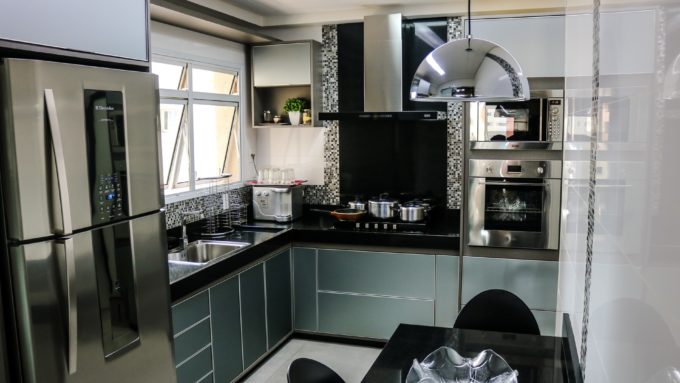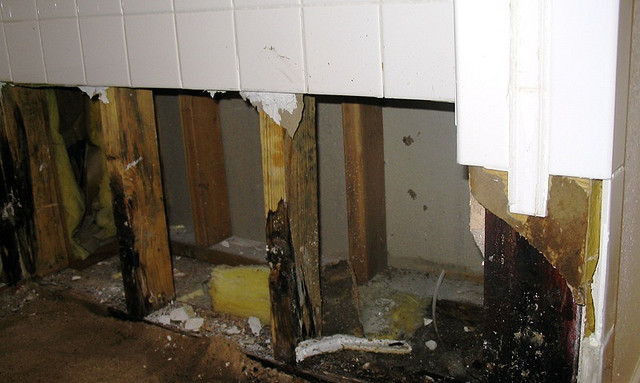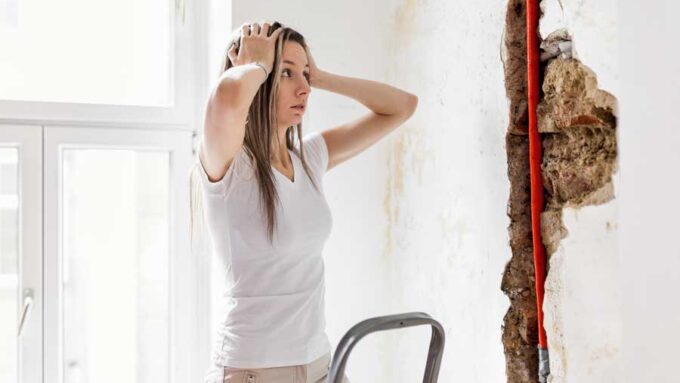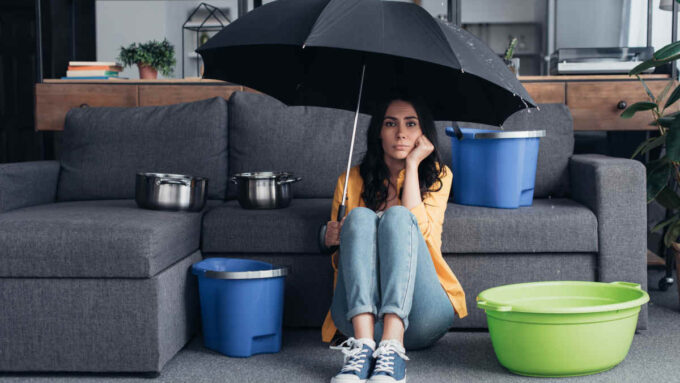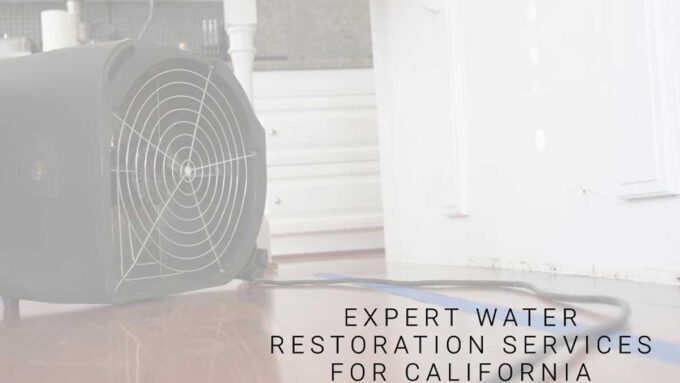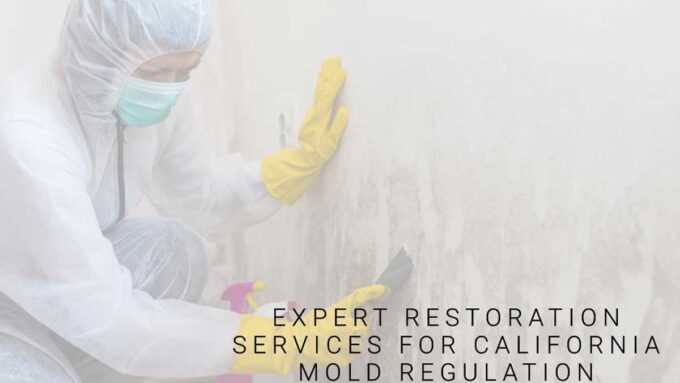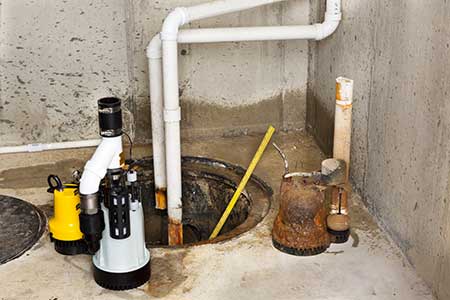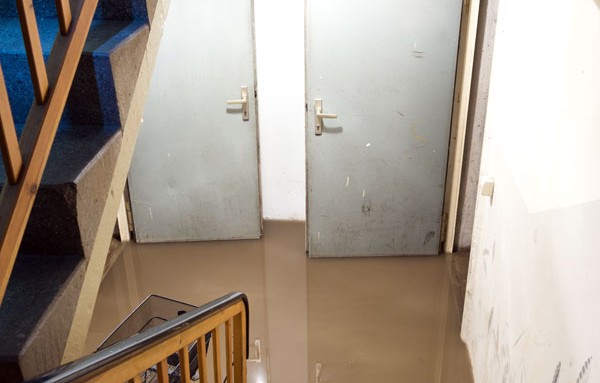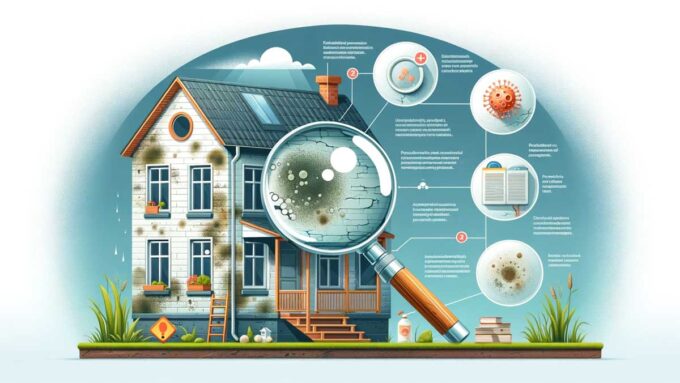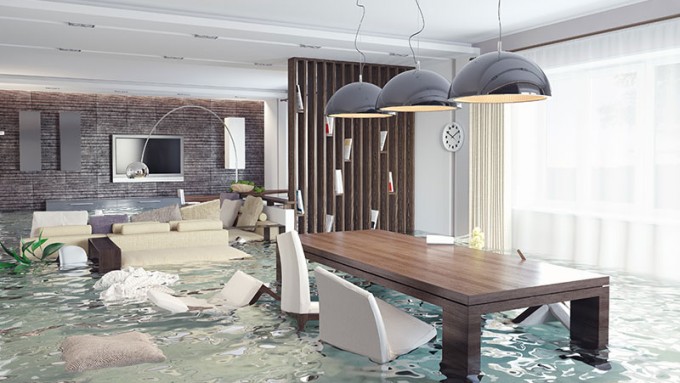When it comes to mold growing in your home, it’s important to take precautions. Mold can be dangerous and make us sick. There are the obvious places to look for mold such as basements, crawl spaces and behind drywall after a flood, but there are other places that it can pop up that you would never think of.
Sneaky Places that Mold can Grow in Your Home
Window sills
Windows sills are prime locations for mold to grow even though we may not realize it. This is because they are often exposed to moisture, infrequently get substantial air flow, and the dirt that collects in the grooves is great food for spores. In order to prevent mold in your window sills, wipe down your windows when you see a good amount of condensation and also make sure to clean the dirt out of the window tracks once in a while.
Air conditioners
Condensation and dirt sucked in from the outside help the mold to grow. In order to prevent this, run the air conditioner daily even if only for 10 minutes and make sure to remove it and store it when you’re not using it.
Chimneys
Rain and snow can get into a chimney if it isn’t capped off well. In addition, other materials, such as leaves, enter the space and provide a great environment for mold to grow. To prevent this, make sure the top of the chimney is covered correctly.
Washing machines
Front-load washing machines can cause problems with mold. There is a gasket around the door that is constantly wet when the washer is running and never dries out because the door is usually closed when not in use as well. This causes an ideal environment for mold to grow. To prevent this, make sure to either leave the door open when the washer isn’t in use or wipe down the gasket with a cloth in between washings.
Refrigerator drip pans
These pans are easy to forget about, but grow mold due to the lack of air circulation under the fridge. The condensation and spilled food create a great place for mold to grow. To prevent this, clean out the drip pan yearly using white vinegar and water.
Mold can sometimes make people sick, so it’s best to avoid it when at all possible. Repair leaks and water damage right away, contact a professional for water damage that is extensive or contains grey or black water, and routinely check areas in the home that are prone to grow mold. Issues like the ones listed here are pretty easy for the homeowner to address themselves, but don’t hesitate to call a mold remediation specialist for molds that are difficult to clean, if you are allergic to mold, or simply don’t want to mess with it.

